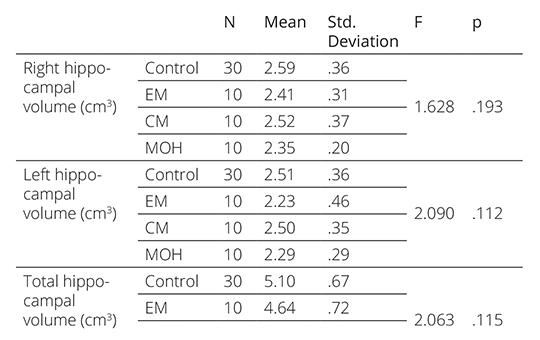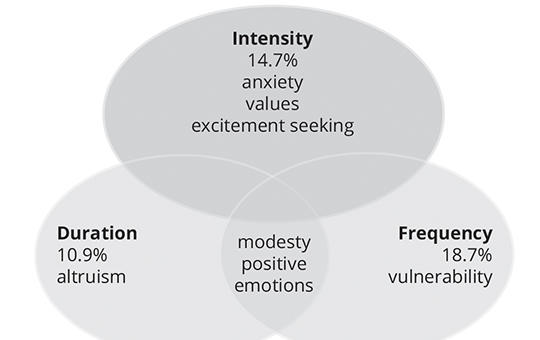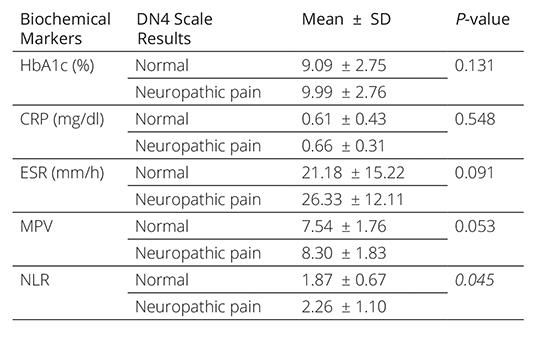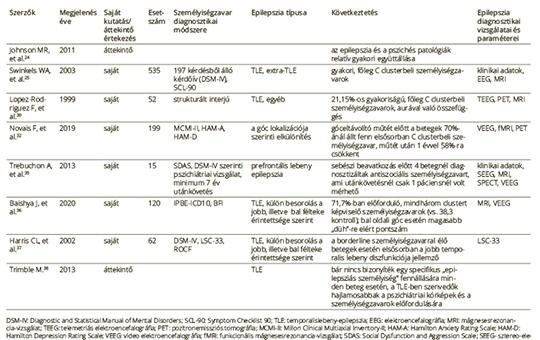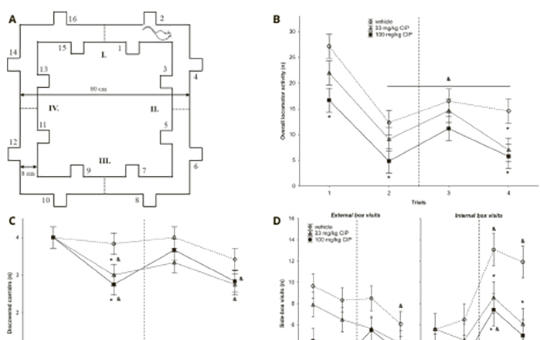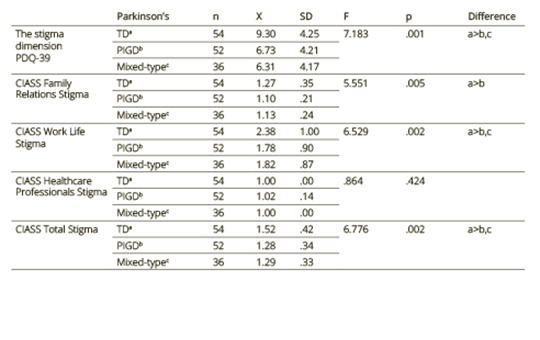The eLitMed.hu medical portal uses computer cookies for convenient operation. Detailed information can be found in the Cookie-policy.
Specialities
Psychiatry
Changes in the hippocampal volume in chronic migraine, episodic migraine, and medication overuse headache patients
Hippocampi are the structures located in the medial depths of both temporal lobes, mainly responsible for memory, navigation and regulation of emotions, and activated during the processing of pain and the modification of nociceptive stimuli. Chronic pain is thought to have stress-like detrimental modulatory effects on the hippocampal neurogenesis, and adults with chronic pain have been showed to have lower hippocampal volumes. a
Personality traits and psychological complaints under patients suffering from headaches
Although headaches are often comorbid with psychological symptoms, the underlying psychological processes, e.g. the role of personality dimensions as headache determinants remains unclear. Studies found associations between headaches and various personality traits; according to the Big Five model of personality, persons suffering from headaches exhibit a higher rate in neuroticism, while a lower rate in extraversion, openness to experiences and positive emotions.
The significance of neutrophil/lympocyte ratio and platelet/lymphocyte ratio in predicting diabetic polyneuropathy and neuropathic pain severity as inflammatory factors
Neuropathic pain may appear as one of the first symptoms that take the patient to the physician in type 2 diabetes, which can be asymptomatic for years. Although it is accepted that diabetes is a trigger for vascular inflammation, it has been suggested that inflammation itself may trigger diabetes. In our study, we aimed to investigate the relationship between diabetic polyneuropathy and neuropathic pain and inflammatory markers.
[Importance of personality disorders in epilepsy]
[Epilepsy is one of the most common neurological disorders. Therapeutic success shows high variability between patients, at least 20-30% of the cases are drug-resistant. It can highly affect the social status, interpersonal relationships, mental health and the overall quality of life of those affected.
Although several studies can be found on the psychiatric diseases associated with epilepsy, only a few researches focus on the occurrence of personality disorders accompanying the latter. The aim of this review is to help clinicians to recognize the signs of personality disorders and to investigate their connection and interaction with epilepsy in the light of current experiences.
The researches reviewed in this study confirm that personality disorders and pathological personality traits are common in certain types of epilepsy and they affect many areas of patients’ lives. These studies draw attention to the importance of a multidisciplinary approach to this neurological disorder and to provide suggestions about the available help options. Considering the high frequency of epilepsy-related pathological personality traits that can have a great impact on the therapeutic cooperation and on the patients’ quality of life, it important that the neurologist recognizes early the signs of the patient’s psychological impairment. Thus they can get involved in organizing the support of both the patient and their environment by including psychiatrists, psychologists, social and self-help associations.
As interdisciplinary studies show, epilepsy is a complex disease and besides trying to treat the seizures, it is also important to manage the patient’s psychological and social situation. Cooperation, treatment response and quality of life altogether can be significantly improved if our focus is on guiding the patient through the possibilities of assistance by seeing the complexity and the difficulties of their situation.]
Neurobehavioral impairments in ciprofloxacin- treated osteoarthritic adult rats
Ciprofloxacin (CIP) is a broad-spectrum antibiotic widely used in clinical practice to treat musculoskeletal infections. Fluoroquinolone-induced neurotoxic adverse events have been reported in a few case reports, all the preclinical studies on its neuropsychiatric side effects involved only healthy animals. This study firstly investigated the behavioral effects of CIP in an osteoarthritis rat model with joint destruction and pain.
Factors influencing the level of stigma in Parkinson’s disease in western Turkey
Stigma is a widespread phenomenon in Parkinson’s disease (PD) and has been shown to affect the quality of life of individuals. This study aims to assess the level of stigma and identify the factors contributing to stigma in patients with PD in Turkey. A total of 142 patients diagno¬sed with PD between June 2022 and March 2023 were included in the study. Sociodemographic data were collected using a sociodemographic information form.
1.
Clinical Neuroscience
Is there any difference in mortality rates of atrial fibrillation detected before or after ischemic stroke?2.
Clinical Neuroscience
Factors influencing the level of stigma in Parkinson’s disease in western Turkey3.
Clinical Neuroscience
[The effects of demographic and clinical factors on the severity of poststroke aphasia]4.
Clinical Neuroscience
Neuropathic pain and mood disorders in earthquake survivors with peripheral nerve injuries5.
Journal of Nursing Theory and Practice
[Correlations of Sarcopenia, Frailty, Falls and Social Isolation – A Literature Review in the Light of Swedish Statistics]1.
2.
3.
4.
5.
